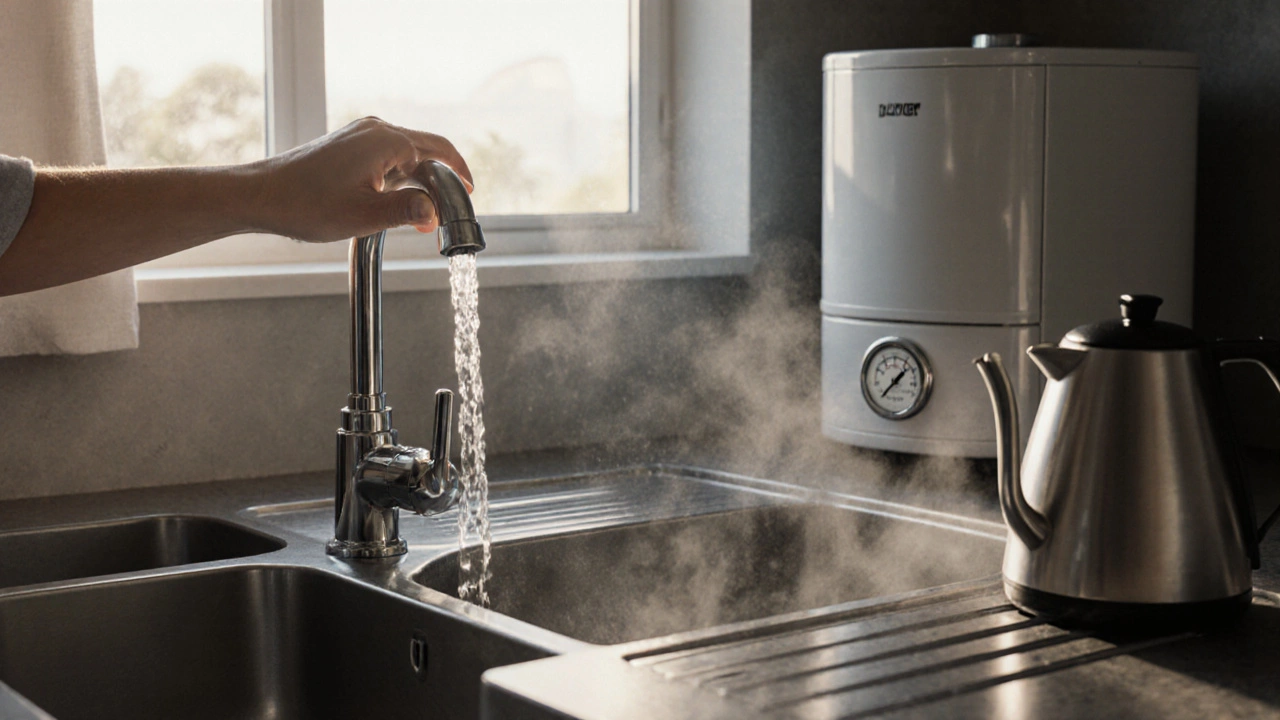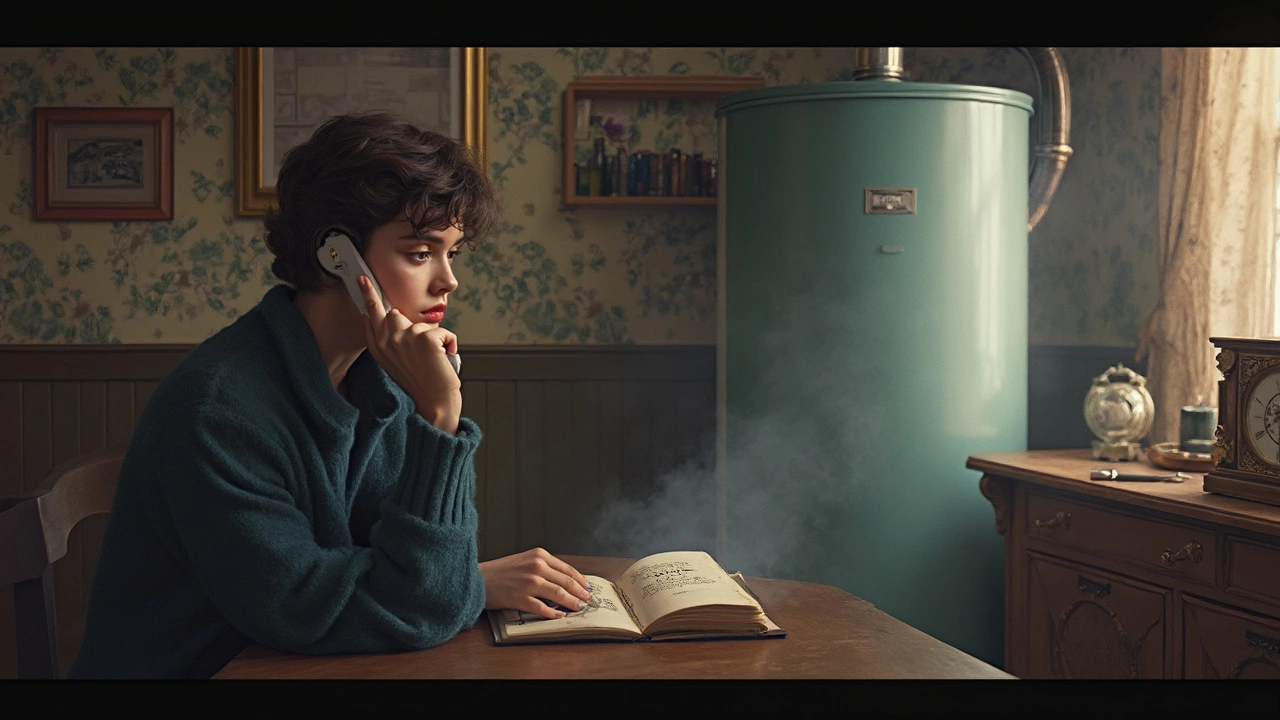Broken Boiler? How to Spot the Issue and What You Can Do
If your heating suddenly stops, the water gets icy, or you hear strange noises, chances are your boiler has thrown a tantrum. A broken boiler isn’t just uncomfortable – it can turn a cosy home into a freezing nightmare. The good news? Some problems are easy to spot and even easier to fix, while others definitely need a qualified tech. Below you’ll find the most common signs, a few quick DIY checks, and clear guidance on when it’s time to call in the pros.
Common signs your boiler is on the brink
First off, listen to what your boiler is telling you. A loud banging or clanking noise usually means air trapped in the system or a build‑up of limescale. If you notice the pressure gauge hovering below 1 bar, the boiler isn’t getting enough water to heat properly. Another red flag is constant short‑cycling – the unit turns on and off in quick bursts, wasting fuel and stressing components.
Don’t ignore leaks either. Even a small puddle of water around the base can indicate a cracked heat exchanger or a loose pipe joint. Finally, any strange smell – like a faint gas odor – should make you shut it off immediately and call a professional. Safety first, always.
DIY checks and quick fixes you can try
Before you dial a repair service, try these simple steps. Start by resetting the boiler. Most modern units have a reset button – hold it for a few seconds, wait, and watch for the green light. If that doesn’t work, check the thermostat settings. Sometimes the temperature is set too low, making it seem like the boiler is broken.
Next, bleed the radiators. Air trapped in the system can cause uneven heating and pressure drops. Use a radiator key to open the bleed valve just enough for a hissing sound, then close it once water flows out. After bleeding, re‑pressurise the boiler using the filling loop until the gauge reads between 1.0 and 1.5 bar.
Inspect the boiler’s vent pipe. A blocked flue can lead to overheating and automatic shutdowns. Make sure the vent is clear of leaves, nests, or debris. If you see soot buildup inside the glass, give the unit a gentle clean with a soft cloth – never use abrasive cleaners.
Finally, look at the power supply. A tripped breaker or a blown fuse can stop the boiler dead in its tracks. Reset the breaker or replace the fuse, then try turning the boiler back on.
If none of these steps revive your heating, it’s time to bring in a qualified technician. They have the tools to test the gas pressure, inspect internal components, and safely handle any gas‑related issues. Trying to fix a gas leak or a cracked heat exchanger yourself is dangerous and could void warranties.
Remember, regular maintenance is the best defence against a broken boiler. Annual service checks catch wear and tear before they become emergencies. A quick once‑a‑year visit can save you time, money, and a cold house during winter.
So, next time your boiler sputters, run through these checks first. If the problem persists, don’t hesitate to call a trusted repair service. Keeping your boiler humming means a warm, comfortable home all year round.
Does a Broken Boiler Mean No Hot Water? Here's What Really Happens
0 Comments
A broken boiler usually means no hot water - but not always. Learn how your boiler type affects hot water availability, what to check first, and when to repair versus replace.
Read MoreWho to Call When Your Boiler Breaks Down
0 Comments
When your boiler decides to take an unscheduled break, it can be frustrating and chilly. Knowing who to call becomes crucial, especially during the colder months. This article explores the steps to take when your boiler isn’t working, the right professionals to contact, and the difference between quick fixes and serious repairs. You'll learn tips on how to maintain your boiler to prevent future breakdowns, as well as insider advice on what to expect when calling in the experts.
Read More
